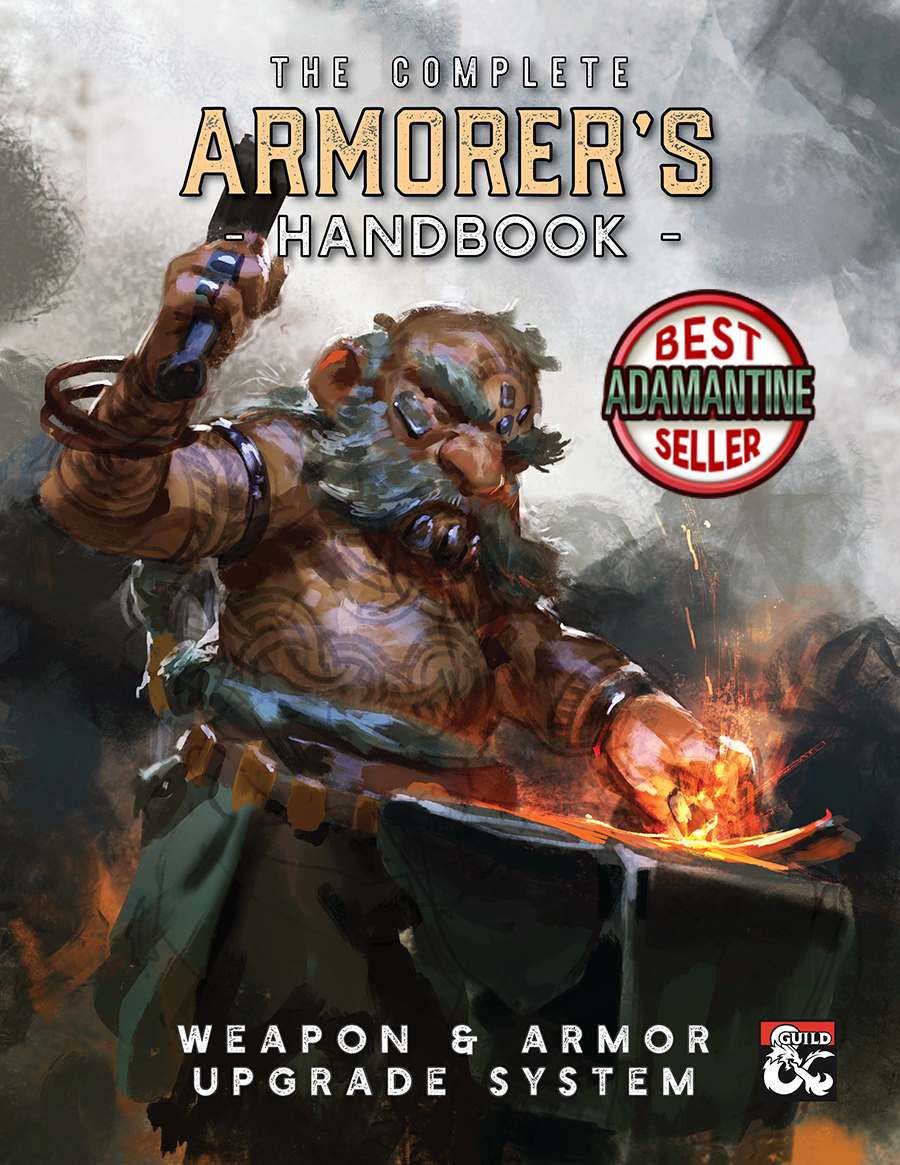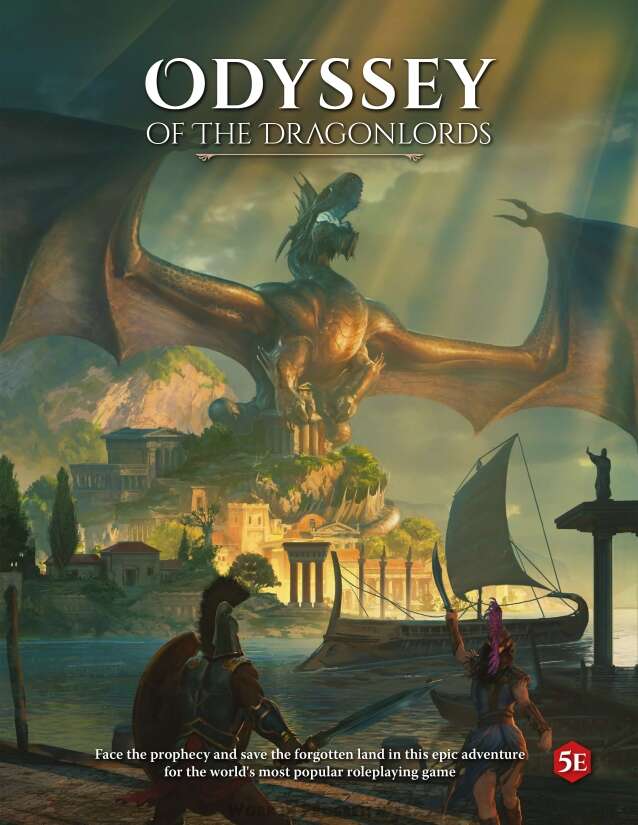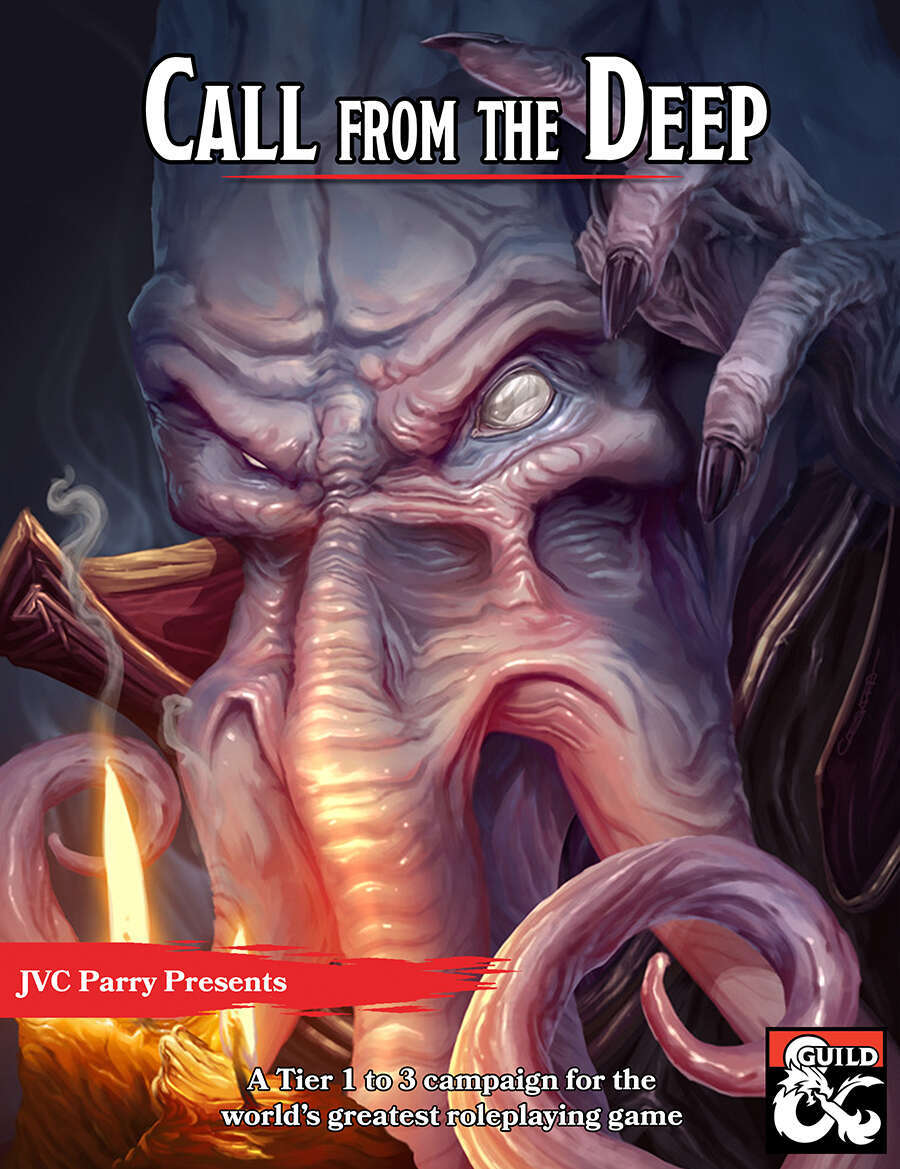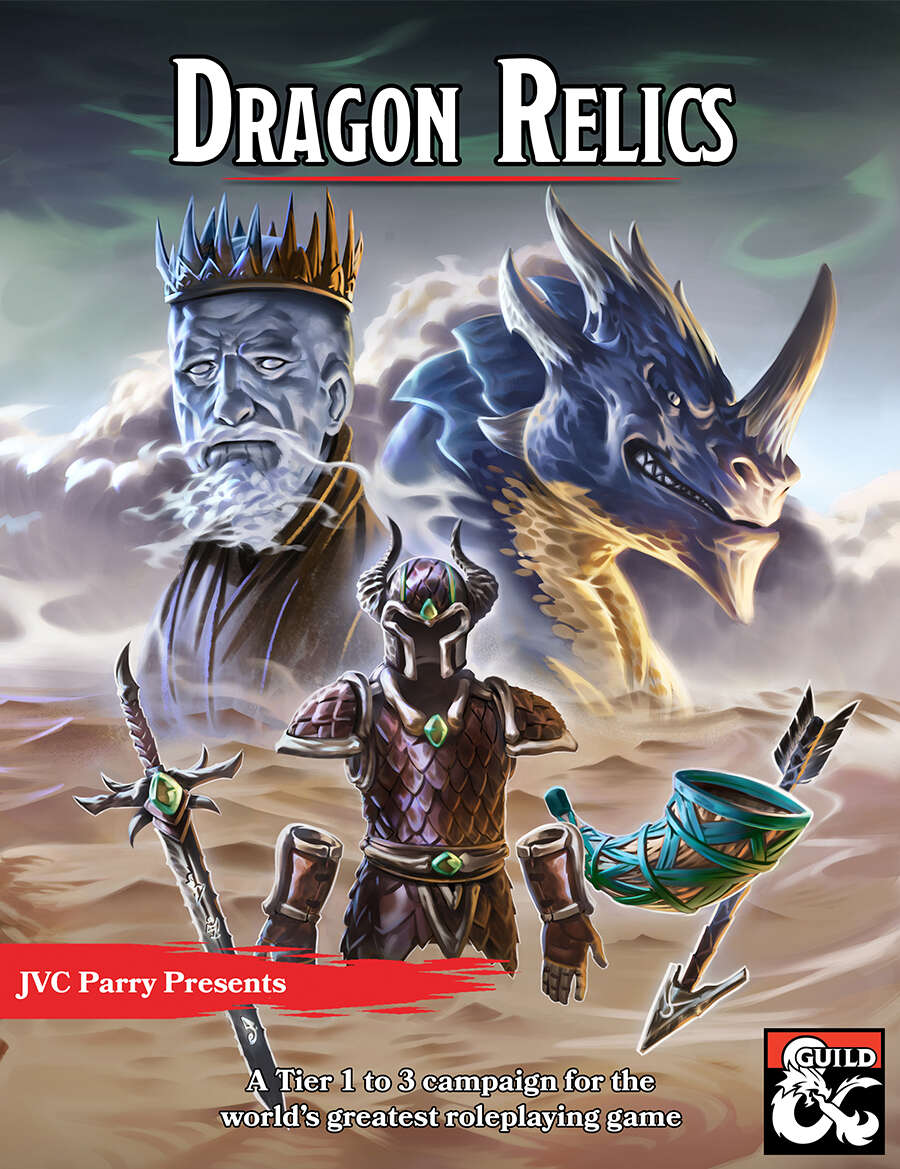I allowed my group to spend their gold in water deep between phandelver and dotmm on magic items using the prices from online. It has made exactly zero difference.
In 5e the power scales extremely quickly and each level continues to push the power curve in my opinion. The players are generally much more powerful than their magic items. I haven't seen an issue with too many or too few items in the official modules.
I have played princes of the apocalypse and ghosts of saltmarsh. I have run phandelver and dotmm.
"In your opinion."
Nearly everything published by WoTC for 5E is done with the consideration that players are 'magic(item)-poor.'
Magic items definitely do have an objective, profound impact on 5E games unless you're allowing players to exploit some of the more suspect RaW. For example -- if you allow players to take unmolested, Long Rests whenever they like, then most encounters are going to be trivial because they're always 'at full power.' That once-a-day triggered Lightning Bolt from a magic ring is a lot less impactful when the player can just take a quick snooze and cast 5 of them. On the other hand, when a party is constantly being harassed, their abilities exhausted, and they can't find an opportunity for more than a quick breather, the player is going to be elated when he remembers that bolt. Lots of players complain that 5E is not deadly enough and the resting system has a lot to do with it. It's trash and one of the first things I changed.
I suppose one exception where they might not be as impactful is in a group of die-hard min/max'ers, but I find that to be a fairly rare occurrence.
However, the debate is rather pointless because there are far too many variables (house rules, DM skill, etc) that can muddle the mix.
Personally, as I've said before in this thread, I ignore the low-magic suggestion of 5E. Loot is a huge chunk of the fun for a lot of players and it's honestly not that difficult to off-set the additional power you give to players.
That said, action economy is king in 5E. Basically, whomever does the most 'stuff' has a huge advantage. In 5E, Kobolds and Goblins are pretty weak, but in large numbers they will pose a threat, even to relatively powerful characters. Simply because of Action Economy and Bounded Accuracy. In previous editions, a reasonably well-geared 10th level Fighter could stand in the middle of 100 Kobolds, do nothing for 10 minutes and not die.
The most obvious magic items that need to be carefully considered before being given to players are ones that have a HUGE impact on the economy -- like: effects that award additional attacks per turn, area effects that do massive damage (potential to remove too many actions from the economy in one action), and effects that are extremely reliable forms of group crowd control.
You can still give players cool shit, but just limit it. The best way to do that restrict how often it can be used. So many DMs are hung up on the daily use, but I often give players very cool and powerful items that can only be used weekly, monthly, or require that they be 're-charged' in some specific way. Some are a single use. Some can also fail, but I use that mechanic far less often because it leads to too many feel-bad moments. These limitations can create some fun, tense moments of choice. "Jim, shit is hitting the fan, I think you need to use the Staff of OMGWTFBBQ!" "You, sure? You know I can't use it again until I bathe it in the light of a full moon." "Do it!"
It's also not a great idea to give players access to abilities related to movement before they're available to the party's casters. Flight and Teleportation are two glaringly obvious examples. I tend to keep those out of the hands of my players for as long as it makes sense.
And finally, Divination spells cast by veteran and/or clever players will sneak up on inexperienced DMs and leave them winging entire sessions. Tread carefully.
I have a bit of Divination-related PTSD from my early days as a DM. One of my players was a 'Seer.' That fool was extremely clever with his inquiries and he was constantly undermining entire story arcs that were supposed to last weeks or months. Fortunately, most players aren't as clever as he was, but, unfortunately, the others at the table learned from watching him. So, the next campaign was run with the rule that Divination magic had been outlawed by an extraordinarily powerful organization of Wizards. All use of the school was monitored and violations were progressively sanctioned (up to the point of death). The law was spun to the public to be in their best interest, but the reality was that the ban was to hide the simultaneous coup of multiple nations. I know my bare-bones explanation sounds very lame and 'trope'ish,' but the way I implemented it was really well done. I just wish the reasoning hadn't been to run blocks for the holes in my DM playbook.
Despite my efforts, the players wouldn't be denied. They actually pushed the entire campaign towards the goal of reversing the ban on Divination. Through many resistance-unifying Cloak and Dagger missions, lots of political intrigue, several epic battles with powerful wizards, and a handful of emotional PC deaths -- they won. We all had A LOT of fun with that campaign. And being a fairly new DM at the time, it taught me a few lessons. Most importantly, a DM should never take a such a heavy-handed approach to dealing with situations created by clever players.












